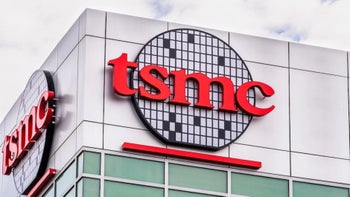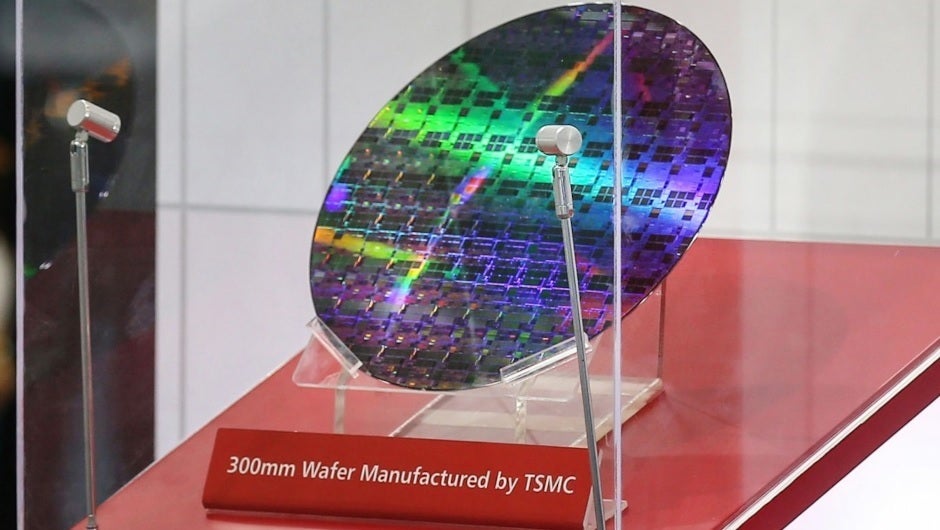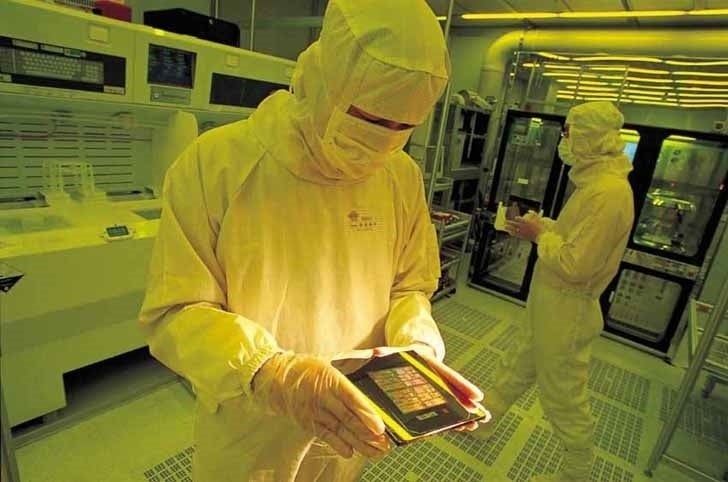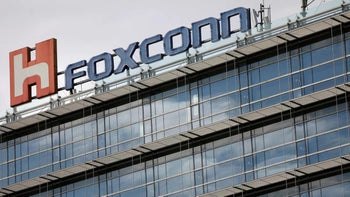Experts fear that China is eyeing control of TSMC with a Taiwan takeover

What is the one company that could throw the world into disarray if it were to lose its independence and end up a pawn in the current geopolitical chess match? No, it is not Apple although it is a company that counts Apple as its number one client. That last clue might have given it away.
The answer is Taiwan Semiconductor Manufacturing Company LTD better known as TSMC. The foundry manufactures chips for some of the biggest and most important names in tech including Apple, AMD, Intel, NVIDIA, MediaTek, Qualcomm, and more. We've already seen what happens when there is a global chip shortage so you can imagine what might take place if the Chinese attempt to take over Taiwan and end up controlling the world's largest foundry.
What would happen to the global economy if China was able to take control of TSMC?
Taiwan produced 63% of the world's semiconductors in 2019 compared to the 12% share belonging to the U.S. Last year, China delivered 16% of the world's semiconductors.
According to Fox News, experts are worried about what China might do if it were able to take control of TSMC and in effect, much of the global semiconductor industry. The largest fear among U.S. lawmakers is that it would give the Communist Chinese government leverage over the countries that it trades with.

A wafer before it is sliced up by TSMC
House Foreign Affairs Committee member Rep. Michael McCaul, Texas-(R), told Fox News that "If you give the Chinese Communist Party control over large parts of the semiconductor industry, they’re going to have considerable leverage over their trading partners, and they’re going to use that leverage. They’ve shown in the past that when they have a strength, they use it."
Speaking about leverage, Jeremy Furchtgott, director of consulting firm Baron said, "The amount of leverage that China would gain over the economy and other countries’ economies by taking over Taiwan because of [its] critical role in semiconductor supply chains…would effectively give it a trump card." Any type of disruption to the semiconductor supply chain perpetuated by a Chinese takeover of Taiwan could lead to war.
According to the Semiconductor Industry Association (SIA), sales of semiconductors rose 6.5% during the year from 2019 to 2020 and then soared an additional 26% to the year ended in May 2021. While Furchtgott says, "There’s a lot of concern that China’s actions around Taiwan could somehow provoke a military confrontation between China and the United States, or possibly other countries," he says that the aforementioned sales figures would stop China from cutting off chip buyers so quickly.
Furchtgott notes that "The Chinese economy depends on commercial relationships. But, he added, "America’s dependence on China for various critical goods gives China something close to a veto power over certain foreign policy decisions." Ah yes, leverage.
90% of the world's advanced chips come from TSMC
Representative McCaul expects the worst from China should it get its hands on TSMC. "They’ve shown they’re willing to disappear people, silence speech and harm countries economically," he said. "The more leverage the CCP (Chinese Communist Party) has, the more willing they are to use it in a lot of creative ways."
What keeps some U.S. lawmakers up at night is the statistic showing that 90% of all the advanced chips in the world are shipped from TSMC. Now imagine if the CCP had control over those chips. Isaac Stone Fish, CEO of China-focused risk firm Strategy Risk says, "A Chinese war with Taiwan, whether a success or a failure, would be certainly the most important event of the 21st century.

Chips are made in clean rooms that keep dirt and dust out
Fish added that "Preventing World War III, preventing Beijing from harrying and exerting far more military power over Japan, South Korea, the Philippines, stymieing the external growth of China. All these things seem more important than supply chain disruptions. Diversification isn’t just for the supply chain shortage," he added. "It’s the national security downside of being too reliant on Taiwan."
The CCP has repeatedly threatened to reunify Taiwan with mainland China. And Fish sees it all as part of a bigger strategy. "I think what Beijing is doing right now is seeing how far it can push without provoking a U.S. military response. And it’s unclear if it's doing that because it plans a full-throated response in the coming months or year or two. Or if it's doing that to test for another reason. But I would say a war over Taiwan is likelier now than at any point in the last decades."










Things that are NOT allowed: